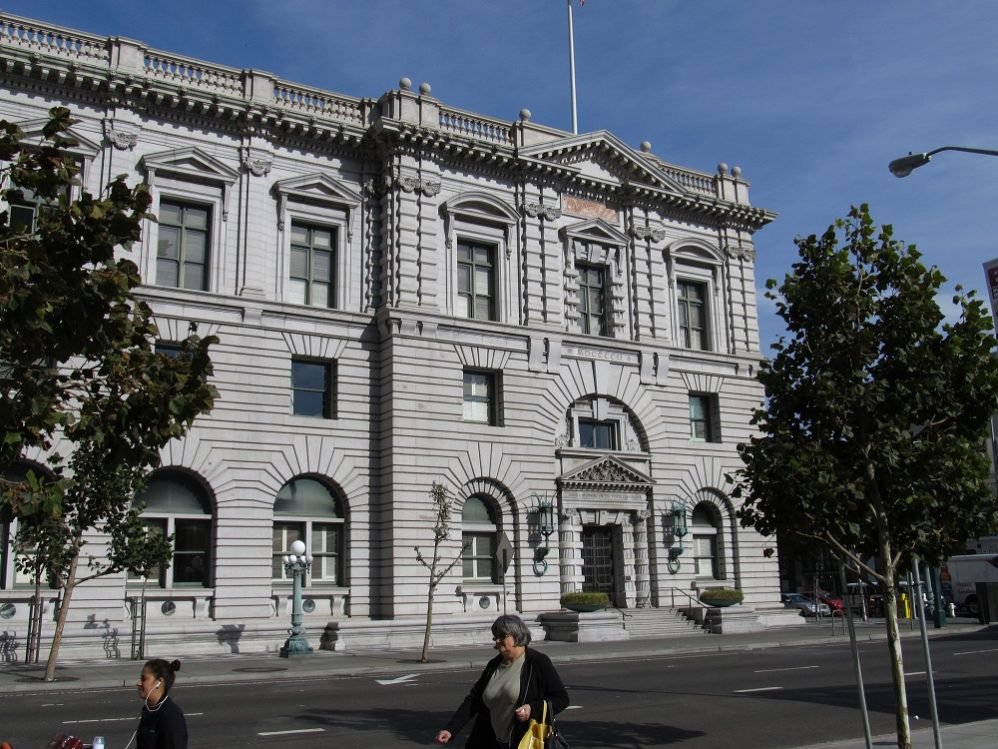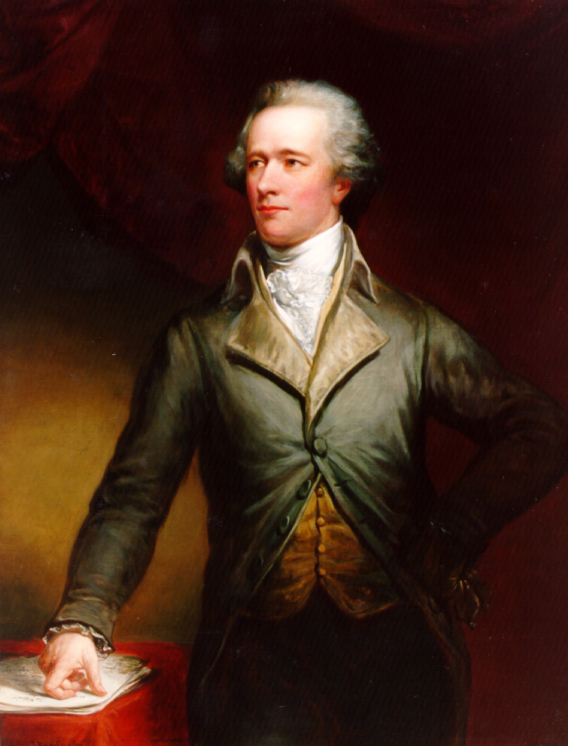Should Presidents And Legislatures Ignore Crazy Court Decisions? Alexander Hamilton Thinks So
When a president or legislature is faced with following either a court ruling they know has no constitutional basis or the actual Constitution, they should heed Hamilton’s advice.
Many conservatives hold conflicting positions about dealing with illegitimate federal court rulings. They blast rulings from the high courts as unconstitutional, illegal, and improper, while stating the other branches of government must follow these rulings.
Conservatives watched in disbelief, for example, as federal courts ruled that President Trump’s treatment of foreign nationals was unconstitutional. Considering the seven applicable federal statutes, the president was on the firmest legal footing with three separate executive orders limiting immigration from countries that pose a national risk. While the Supreme Court months later upheld parts of these travel bans, this was just the latest example of a more central problem: lawless judges using their position to launch political attacks that slow or halt conservative policy.
The Supreme Court usurping legislative power by rewriting the Obamacare “tax” and creating a right for homosexual couples to marry in Obergefell v. Hodges make clear the highest court of the land rejects any notion of judicial restraint. Some conservatives claim that nothing can be done as a direct response to improper rulings. After every ruling, they reiterate that federal courts and the Supreme Court are the final adjudicator on constitutional matters, that their rulings are final and must be upheld no matter their lack of legal reasoning.
The belief in the finality of federal judicial decisions runs contrary to our earliest descriptions of the judiciary. In 1788 Alexander Hamilton detailed the power of the judicial branch.
The Limits Alexander Hamilton Understood for Courts —>
Read the rest from Ryan Walters HERE at The Federalist.








Comments are closed.